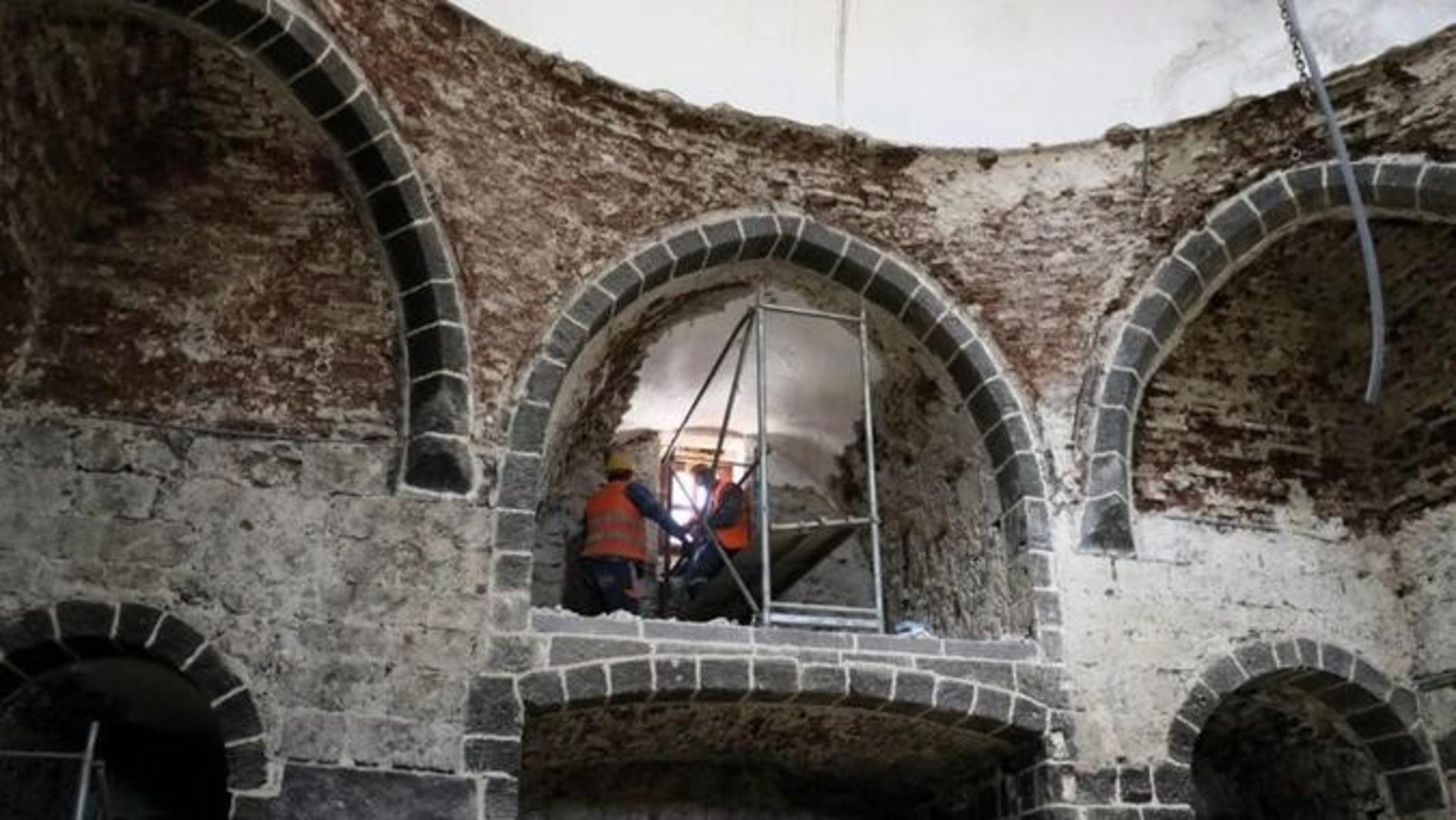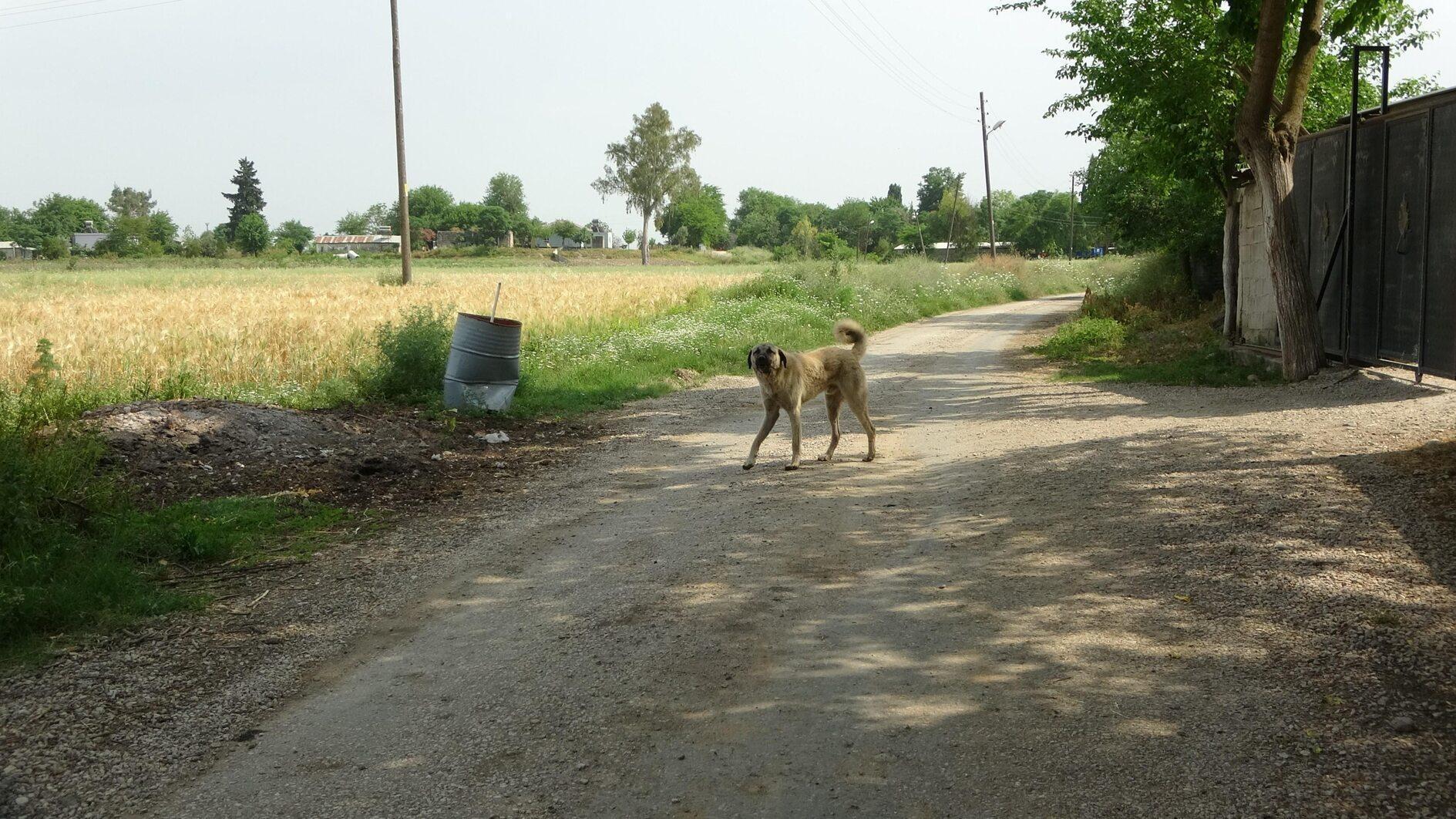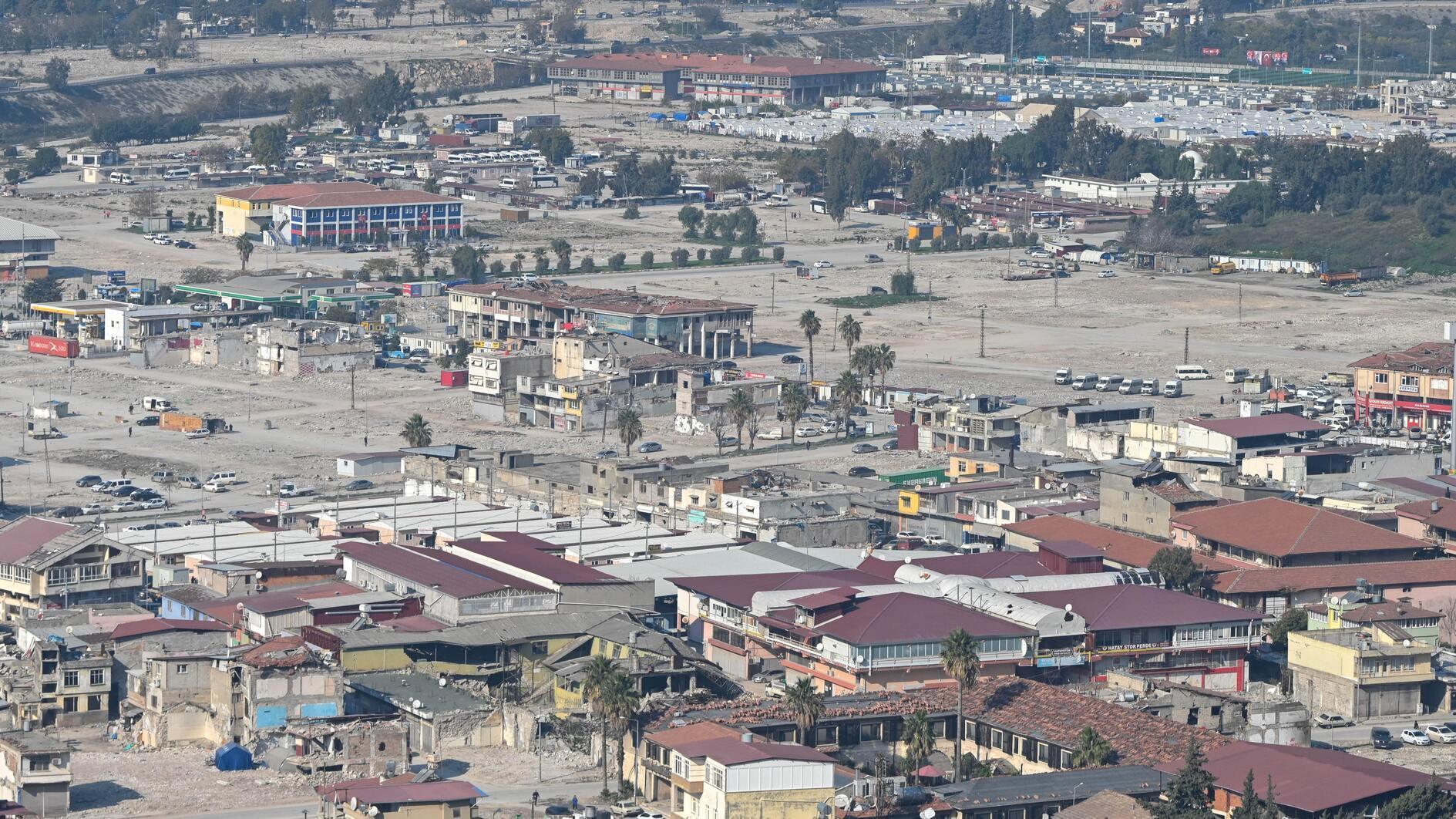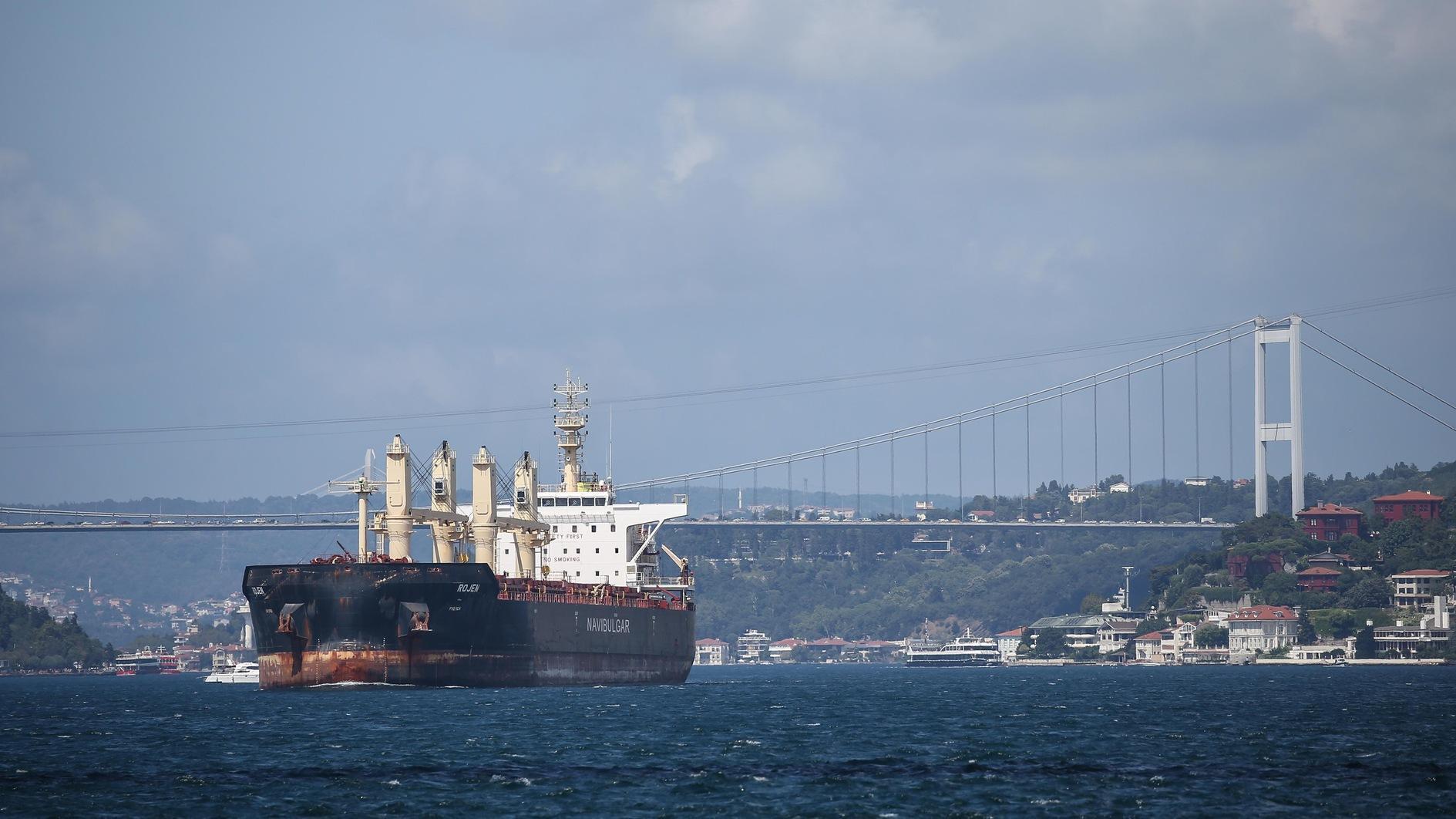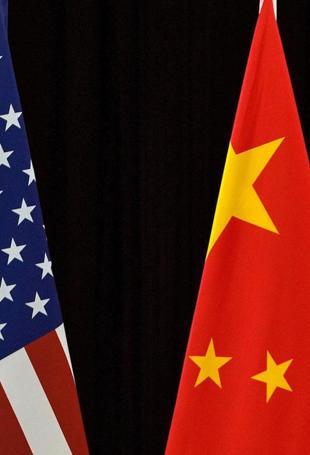State of emergency declared in Nigeria
ABUJA, Nigeria
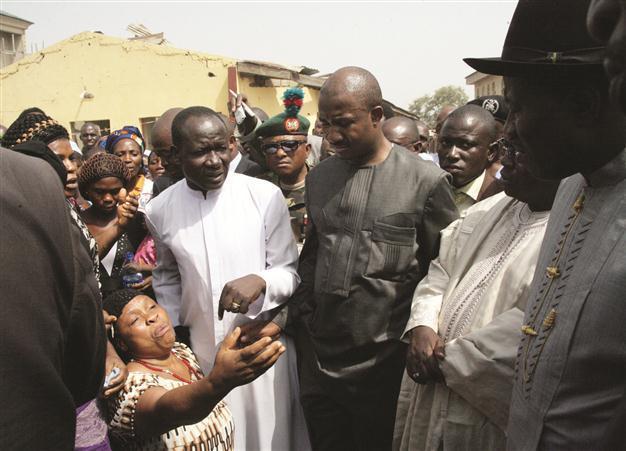
Nigerian President Jonathan (R) listens to relatives of the Christmas bomb blast’s victims. The President has declared a state of emergency in some parts of the country. AFP photo
Nigeria’s president on Dec. 31 declared a state of emergency in parts of Africa’s most populous nation, after a recent slew of deadly attacks blamed on a northern-based radical Muslim sect killed dozens of people, as separate communal clashes in the country’s southeast left more than 40 dead.President Goodluck Jonathan declared an indefinite state of emergency in four states, which would all allow security agencies there to make arrests without proof and conduct searches without warrants. He also ordered the closure of international borders near the affected areas.
They include parts of northeastern state of Yobe and the central states of Plateau and Niger, all hit by the Christmas Day attacks that left at least 42 people dead, for which a radical sect known as Boko Haram claimed responsibility. Attackers targeted churches and one of the state offices of Nigeria’s secret police.
The president also declared a state of emergency in parts of the northeastern state of Borno, a stronghold of the feared Islamic sect. Borders affected included those in the northeast, where Nigeria shares frontiers with Cameroon, Niger and Chad.
Jonathan also said Dec. 31 that he has directed top security officials to set up a special counterterrorism unit to fight the growing threat posed by Boko Haram. Earlier in the year, an Aug. 26 bombing of the United Nations headquarters in Nigeria’s capital Abuja killed 24 people and wounded 116 others. Boko Haram claimed responsibility for that attack. The sect, some of whose members are believed to have links to al-Qaida, wants to impose Islamic Shariah law across Nigeria.
Boko Haram’s widening terror attacks, though, are only further intensifying religious and ethnic divisions in Nigeria. In this nation of more than 160 million people, thousands have died in recent years in communal fighting pitting machete-wielding neighbors against each other. In the southeastern state of Ebonyi, more than 40 people died in clashes early 31 Dec. morning between the Ezza and Ezillo peoples who have long-standing rivalries, said state police spokesman John Elu.
Compiled from AFP and AP stories by the Daily News staff.



